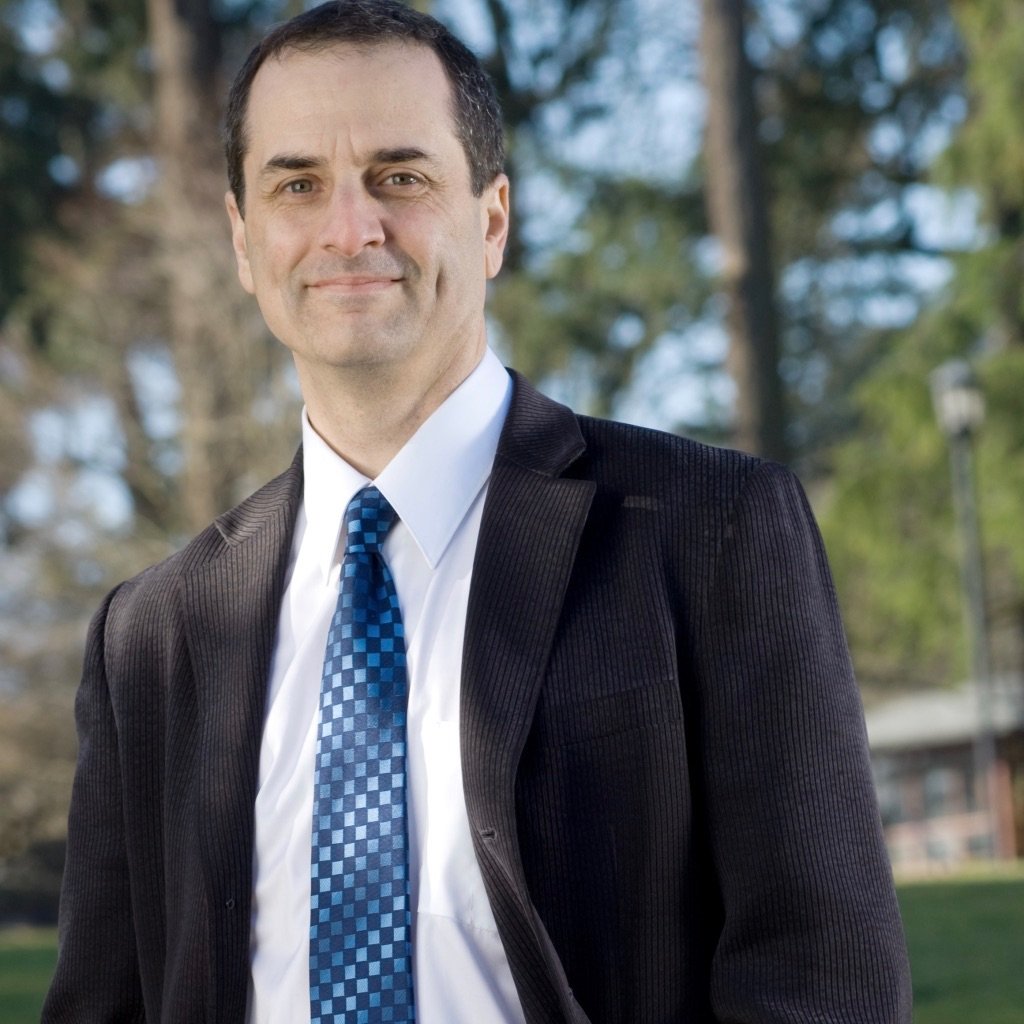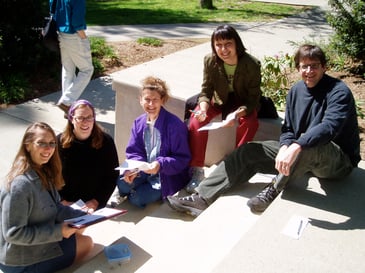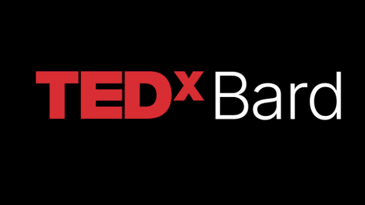YOU. Yes, You. Apply to Grad School Now Because 2027 Needs You

America’s political landscape is shifting dramatically—agency layoffs, cutbacks to federal loans and grants, and an uncertain future for many mission-driven institutions. Understandably, people pursuing sustainability careers are questioning whether this is the right time to invest in graduate school.
Many of today’s sustainability leaders believe that, despite the turmoil and uncertainty of 2025, the political drama of this moment will be a distant memory by 2065. We know a world powered by cheap solar energy, shaped by circular economies, and sustained through regenerative agriculture is possible. To help build that future, we need skilled, purpose-driven leaders ready to carry the work forward.
Why Grad School?
Uncertain times are often the best to step back, build community, and invest in education. With recession looming-- and actually here in many sectors-- good jobs are hard to find.
Graduate school offers specialized knowledge, leadership skills, a stronger résumé, and access to vital professional networks. And graduates coming out of masters in sustainability programs will be critical to meeting our goal of creating a more just and sustainable future.
At Bard, our Graduate Programs in Sustainability prepare students to lead across sectors—from policy to business to education and beyond. Each program shares a deep commitment to systems thinking, real-world learning, and career readiness. If you're considering grad school, this short video offers a closer look at one of our pathways: the Bard MBA in Sustainability.
Of course, the MBA is just one option. Whether you're drawn to policy, education, climate science, or business, it’s essential to find the right program that aligns with your goals.
That's especially true right now, as federal agencies are being shuttered or gutted, and research funding is being slashed. Picking the RIGHT master’s degree is critical to ensuring career opportunities on the other side of graduation.
Outside of federal systems—within businesses, nonprofits, and local and state governments—sustainability work is continuing to advance. Grad school can still be the right move, as long as you're clear about your career direction, and you choose a program with a strong focus on job placement.
So how do you make a smart, strategic choice? Here’s a step-by-step guide to help you get there.
Step 1: Pick Your Sustainability Lane
In a TED Talk, I break down the three primary paths to drive climate and sustainability progress:
- Changing Minds – Education
- Changing the Rules – Policy
- Changing the Game – Sustainable Business
There’s no one “right” path. Choose based on your passion and theory of change, then consider what specific jobs grad school can help prepare you for.
Lane-by-Lane Career Outlook
- Changing Minds: Education
Programs like Bard’s M.Ed. in Environmental Education train professionals to lead environmental learning in schools, nonprofits, and science centers. These roles are rooted in local communities, remaining largely untouched by national politics. They are critical to training up the next generation of sustainability leaders. - Changing the Rules: Policy
Bard’s MS degrees in Environmental Policy and Climate Science & Policy prepare students to help put in place good laws and regulations—just not, at this moment, through federal agencies. Instead, blue and purple states, cities, and counties– together accounting for 70% of U.S. GDP– are continuing to advance ambitious climate policies. California and New York, for example, are pushing world-leading climate agendas, and local governments everywhere are filling gaps left by federal rollbacks. - Changing the Game: Business
Bard’s MBA in Sustainability trains students to embed sustainability into the core of business strategy and operations. Career opportunities in this lane remain strong, even in turbulent times. Corporate sustainability roles continue to grow, particularly in compliance, data analysis, and regenerative supply chains. Many companies are now integrating sustainability directly into functional roles like supply chain, finance, and marketing. Mission-driven businesses and local start-ups are gaining traction, especially as federal support wanes. There is also demand in ESG finance for professionals fluent in both impact and investment, as well as in the clean energy sector—especially solar and storage. Globally, sustainability markets in agriculture, energy, and electric vehicles are expanding rapidly.
Step 2: Chose the Right Graduate Program
A great sustainability graduate program goes beyond coursework. Look for:
- Experiential learning through internships, consulting projects, and real-world engagement.
- Strong learning communities with small classes and close faculty mentorship.
- Agile curriculum-programs should be able to speak to how their faculty are adapting and pivoting their curriculum to train students for today's reality
- Career transparency—programs should openly share job outcomes for grads.
- How the program is funded—given the revocation of federal research funding, students should ensure the program and/or scholarships they’re applying to are not dependent on federal funding.
At Bard, students benefit from immersive learning, extended professional internships, collaborative consulting experiences, and tailored career services. Our programs emphasize hands-on work and deep peer-to-peer learning.
Step 3: Decide Now or Later?
You may want to wait on grad school if:
- You already have a great job aligned with your goals.
- You’re still figuring out your long-term direction.
- You need a break from academics.
- You’re focused on sectors—like federal jobs, or research science—that are shrinking.
But go now if:
- You’re passionate about non-federal pathways (education, state/local policy, business).
- You’re struggling to find relevant work.
- You have a clear sense of your mission and are eager to learn.
- You want to be ready to lead in two or three years, when the next wave of opportunities arrives.
Recessions, like the one looming now, are often smart times to study, as job markets tighten. Also, don’t be discouraged by sticker prices—many programs offer generous financial aid, and application fee waivers are common.
Step 4: Lead the Change
The world still needs climate and sustainability leaders. Despite political shifts, the challenges remain urgent: the planet keeps warming, pollution persists, and inequality is still widespread. Businesses and communities need people equipped to solve these complex problems.
In just 25 years, sustainability has moved from the margins to the mainstream—corporations now have sustainability teams, net-zero goals are common, and ESG finance has reshaped Wall Street. That momentum won’t disappear. Even as terms get banned, the underlying work continues under new names and new energy.
Gandhi said:
"First they ignore you. Then they laugh at you. Then they fight you. Then you win."
We’re in the fight phase now. But that just means it’s time to gear up. If you’re ready to lead, graduate school can still be one of the best paths forward.
Are you ready to lead?






